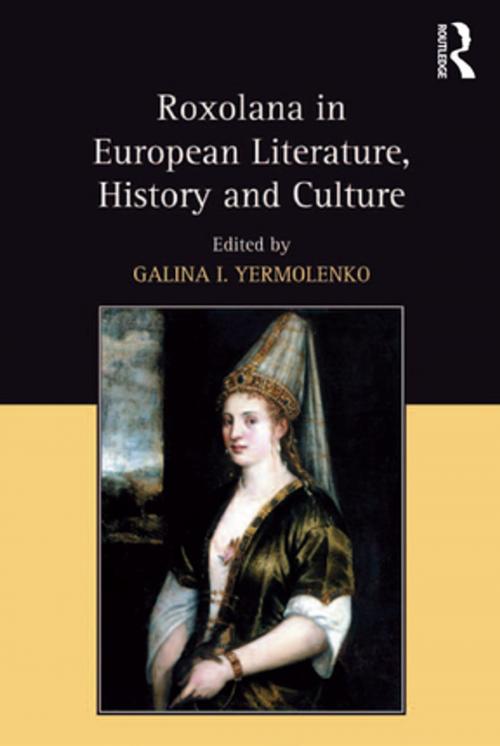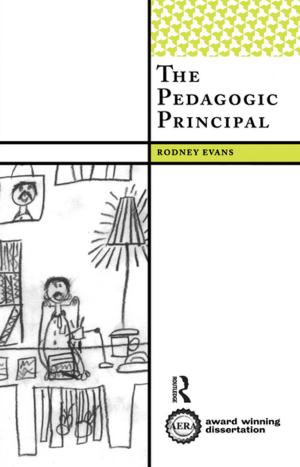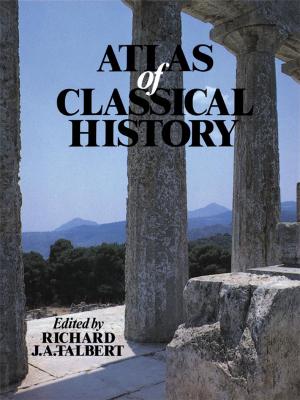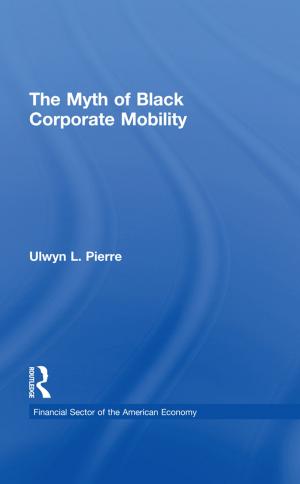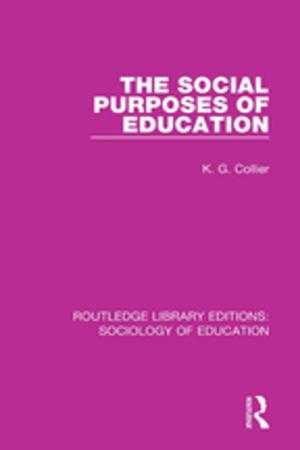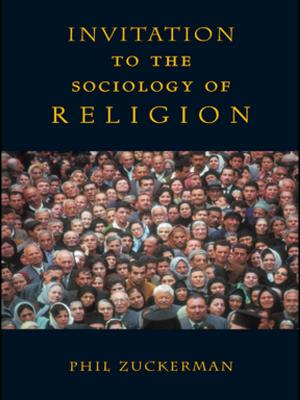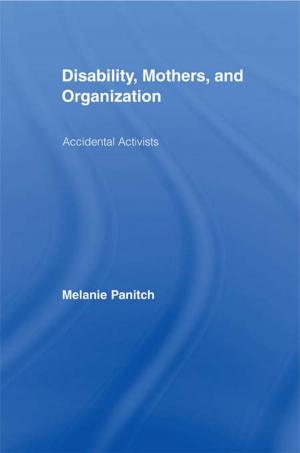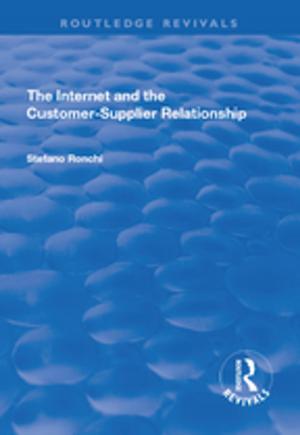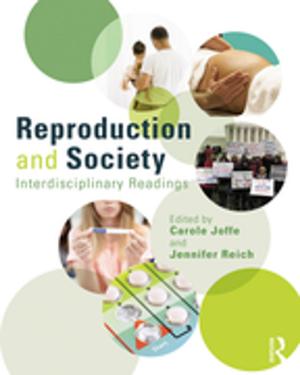Roxolana in European Literature, History and Culture
Fiction & Literature, Literary Theory & Criticism| Author: | ISBN: | 9781317061175 | |
| Publisher: | Taylor and Francis | Publication: | April 8, 2016 |
| Imprint: | Routledge | Language: | English |
| Author: | |
| ISBN: | 9781317061175 |
| Publisher: | Taylor and Francis |
| Publication: | April 8, 2016 |
| Imprint: | Routledge |
| Language: | English |
This collection is the first book-length scholarly study of the pervasiveness and significance of Roxolana in the European imagination. Roxolana, or "Hurrem Sultan," was a sixteenth-century Ukrainian woman who made an unprecedented career from harem slave and concubine to legal wife and advisor of the Ottoman Sultan Suleiman the Magnificent (1520-1566). Her influence on Ottoman affairs generated legends in many a European country. The essays gathered here represent an interdisciplinary survey of her legacy; the contributors view Roxolana as a transnational figure that reflected the shifting European attitudes towards "the Other," and they investigate her image in a wide variety of sources, ranging from early modern historical chronicles, dramas and travel writings, to twentieth-century historical novels and plays. Also included are six European source texts featuring Roxolana, here translated into modern English for the first time. Importantly, this collection examines Roxolana from both Western and Eastern European perspectives; source material is taken from England, Italy, France, Spain, Germany, Turkey, Poland, and Ukraine. The volume is an important contribution to the study of early modern transnationalism, cross-cultural exchange, and notions of identity, the Self, and the Other.
This collection is the first book-length scholarly study of the pervasiveness and significance of Roxolana in the European imagination. Roxolana, or "Hurrem Sultan," was a sixteenth-century Ukrainian woman who made an unprecedented career from harem slave and concubine to legal wife and advisor of the Ottoman Sultan Suleiman the Magnificent (1520-1566). Her influence on Ottoman affairs generated legends in many a European country. The essays gathered here represent an interdisciplinary survey of her legacy; the contributors view Roxolana as a transnational figure that reflected the shifting European attitudes towards "the Other," and they investigate her image in a wide variety of sources, ranging from early modern historical chronicles, dramas and travel writings, to twentieth-century historical novels and plays. Also included are six European source texts featuring Roxolana, here translated into modern English for the first time. Importantly, this collection examines Roxolana from both Western and Eastern European perspectives; source material is taken from England, Italy, France, Spain, Germany, Turkey, Poland, and Ukraine. The volume is an important contribution to the study of early modern transnationalism, cross-cultural exchange, and notions of identity, the Self, and the Other.
